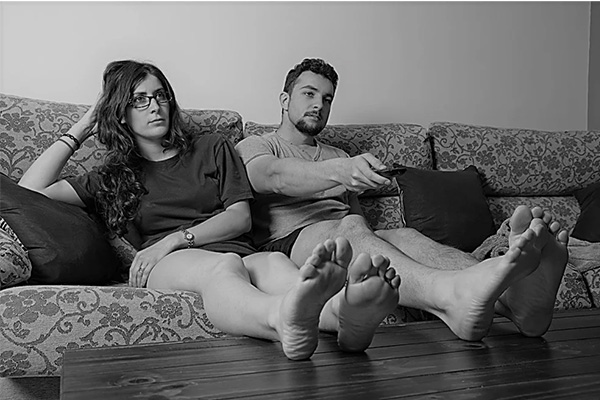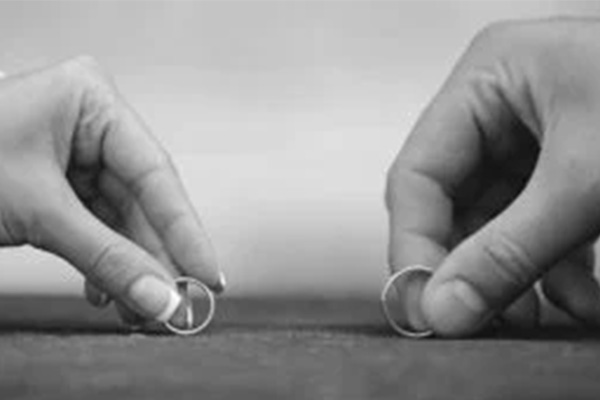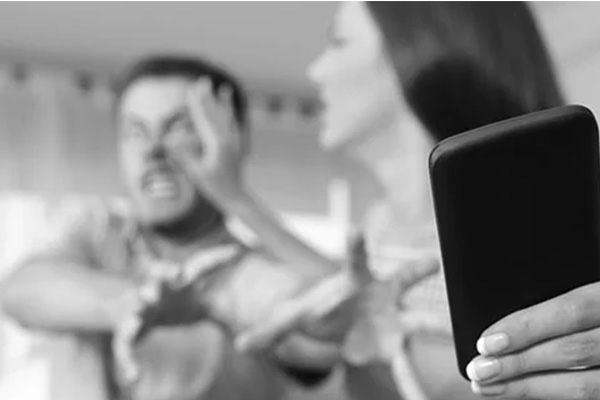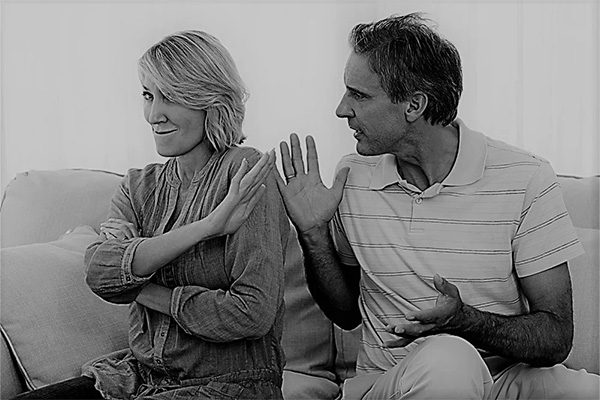Attachment Style and Building Healthy Relationships
In the realm of building healthy relationships, attachment plays a vital role in shaping our emotional connections and overall well-being. Understanding our attachment style can provide valuable insights into how we relate to others and pave the way for healthier, more fulfilling relationships. My name is Sian Jones and I am a professional relationship therapist and I am here to guide you on a journey towards cultivating secure attachments and fostering stronger connections.
Unpacking attachment theory
Attachment theory was pioneered by psychologist John Bowlby. Who suggest,s that our early experiences with our caregivers shape our attachment styles. These styles can manifest in adulthood and influence how we approach relationships. There are four primary attachment styles: secure, anxious, dismissive-avoidant,and fearful-avoidant. By identifying your attachment style, you can gain a deeper understanding of your relational patterns.
Secure Attachment
Individuals with secure attachment styles are characterised by their ability to form healthy, balanced relationships. They have a positive view of themselves and others and feel comfortable with intimac. They also possess effective communication skills. Cultivating a secure attachment style involves nurturing trust, maintaining emotional availability, and practicing active listening. Building this foundation lays the groundwork for fulfilling relationships.
Anxious Attachment
Poeple with an anxious attachment style often crave closeness but may feel insecure in relationships. They seek reassurance and worry about abandonment. To foster a more secure attachment, it is crucial to develop self-awareness and challenge negative thought patterns. Building self-esteem, engaging in self-soothing activities and communicating needs clearly can help reduce anxiety and build trust within relationships.
Dismissive-Avoidant Attachment
Dismissive-avoidant individuals tend to downplay the importance of close relationships and often struggle with emotional intimacy. They may have a fear of dependency and prioritise self-reliance. Developing a secure attachment involves acknowledging the need for emotional connection, practicing vulnerability and gradually building trust with a partner. Learning to regulate emotions and recognise the value of emotional support can be transformative.
Fearful-Avoidant Attachment
Those with a fearful-avoidant attachment style often experience conflicting desires for both closeness and independence. They may fear rejection or engulfment in relationships. Overcoming this attachment style involves self-reflection, exploring past traumas and seeking professional support. By creating a safe space for emotional exploration, individuals can gradually develop a more secure attachment style.
Fostering Secure Attachments
Effective communication and intimacy are fundamental in fostering secure attachments. Developing active listening skills, expressing emotions honestly, and practicing empathy can help build trust and strengthen bonds. Creating a safe environment where both partners feel heard, validated and supported cultivates a foundation of secure attachment.
Nurturing a secure attachment style also involves prioritising self-care. Taking care of your physical, emotional and mental well-being is essential for maintaining healthy relationships. Engage in activities that bring you joy, practice self-compassion, and set boundaries to protect your emotional needs. By valuing yourself, you enhance your ability to form secure attachments with others.
How Couple Therapy Can Help
Couple therapy can help you work out and understanding your attachment style. Working towards developing a secure attachment is a transformative journey that can lead to more fulfilling relationships. By cultivating self-awareness, embracing vulnerabilit, and engaging in effective communication, you can lay the groundwork for strong, lasting connections. Remember, building secure attachments takes time and effort, but the rewards are well worth it—a life filled with love, trust, and mutual support.
If you would like some professional help on how to understand your attachment style. Contact us at relationship counselling Surrey today. Book Now
To take a quiz and find your attachment style – click here Attachment Style Test









